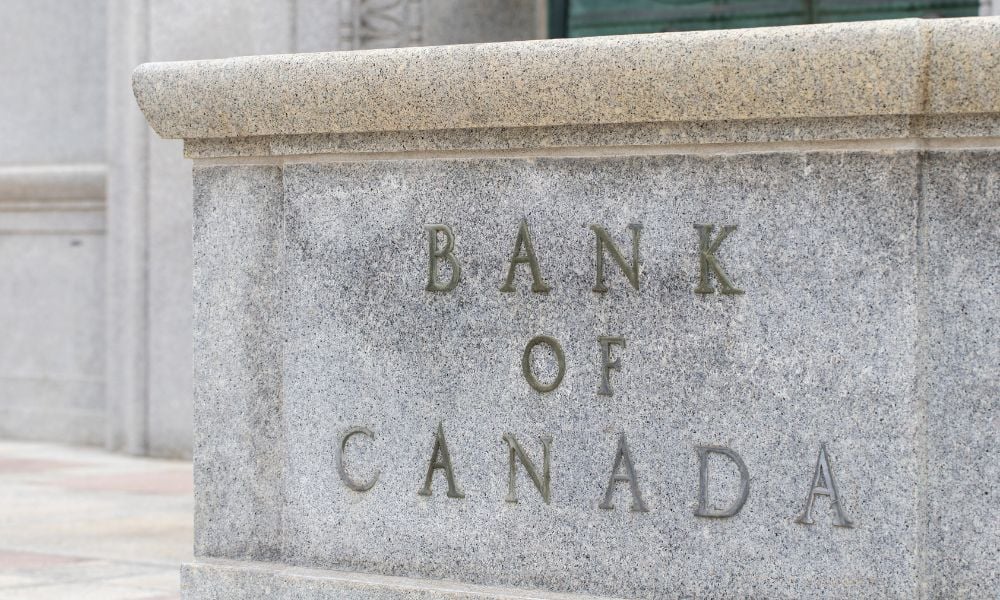Investors should figure out which areas of the market stand to benefit most, says AGF CEO

By most measures, inflation is still high; while the Fed appears poised to become less aggressive, it might still be months before it completely ends its current tightening cycle. But once the dust settles, investors should be prepared to ride a different breed of bull market.
"The next bull market should follow shortly after [this tightening cycle ends], if history is any guide, but the macro backdrop to it will be different from what it was the last time stocks rallied for an extended period without a significant correction,” Kevin McCreadie, CEO and chief investment officer of AGF Investments, said in a recent commentary.
According to McCreadie, investors have grown accustomed to the concept of an ultra-accommodative monetary policy and zero inflation during the previous 15 years, but that will no longer be the scenario.
It appears improbable that the Fed and other central banks will reduce interest rates in a way that returns them to close to zero, even if they do end up lowering rates.
Inflation may also decline from current levels, but not to the point where it totally vanishes. While it could be reasonably simple to reduce inflation from over 7% to 4%, McCreadie said doing so to the desired 2% level is likely to be considerably more challenging, in part because higher prices are now somewhat accepted as the norm.
“If anything, we may end up in an environment like that of the 1990s when short-term rates and inflation ran somewhere in a range of 3% to 4% for a good part of the decade and equity markets did very well indeed,” he said.
What's more, the industries and factors that gained the most during the period of easy money that started after the Global Financial Crisis may not lead the next bull market.
As a result, it will be up to investors to determine which market segments stand to gain the most from the new macro environment that is presently taking shape and may last for some time.
If not, volatility in bonds and stocks could be anticipated to persist as markets respond to the influx of new data over the coming weeks.
McCreadie highlighted "soft" news that indicates central banks may switch to a more modest tightening of monetary policy, including a scaleback or complete cessation of rate increases, which he said will likely be greeted with relief and a further rally in risk assets.
“But if any of the data suggests otherwise, that kind of relief could be short-lived and may culminate in more downside ahead,” he said.



